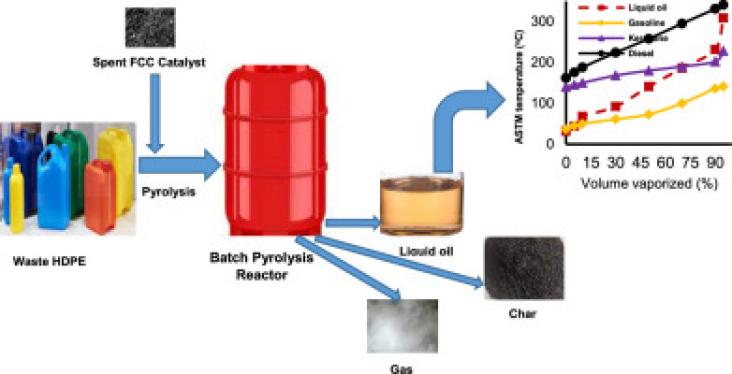Fisheries Research, Volume 265, 2023, 106744

A critical reflection on fisheries conservation in the Mekong River is offered here. Adaptive co-management helped balance conservation and livelihood outcomes. No-take zones facilitated basic fish conservation measures led by local fishermen. Fishermen perceiving livelihood benefits of conservation supported no-take zones. Long-term mechanisms to support community-led conservation initiatives are needed.

RX, a RELX business, has published the RX Sustainability Playbook to support event and operations teams in making more sustainable choices when planning conferences and events. This resource is useful for anyone looking reduce the carbon footprint and waste in their events and is related to SDGs 12 and 13.
This study provides a better understanding of the burrowing behaviour of the sub-legal size clams discarded on the sediment after being disturbed and contributes important data to improve practices for minimizing mortality of dislodged clams that are discarded on the sediment surface.
This study shows that agricultural water consumption tends to use internal water resources at a maximum level for export and national use, significantly impacting renewable and non-renewable water resource availability, especially in groundwater.
Results from this study contribute to define a complete set of environmental and social data and information, which can help European decision makers to define new criteria for sustainable management of the waste plastics of interest. A new methodological approach has been proposed: it appears able to be applied in future research projects involving innovative management options.

This paper explores the potential implementation of the Consumption Footprint rationale to define a footprint indicator for the EU Bioeconomy, henceforth ‘Bioeconomy Footprint’. This indicator can be a powerful tool for a comprehensive and effective monitoring of the bioeconomy sectors: to capture environmental impacts over time, identifying environmental hotspots, highlighting geographic and sectorial trade-offs, and identifying burden shifts among impact categories and along the supply chain.
This study aims to identify the factors that constrain and enable the sustainability of reusable packaging systems, considering environmental, economic, social and technical dimensions. This research is critical to the effective implementation and scale-up of reusable packaging systems.

This article is an in-depth analysis of the challenges and solutions for the circular economy. This article relates to SDG 12, Responsible Consumption and production.
This review artcile, with contributionsform allover the world, describes various approaches to convert plastic wastes into new products known as an efficient way to manage them and to enhance the sustainability of the environment.

The article describes how to turn waste plastics into high-quality liquid oils by thermal and catalytic pyrolysis.
